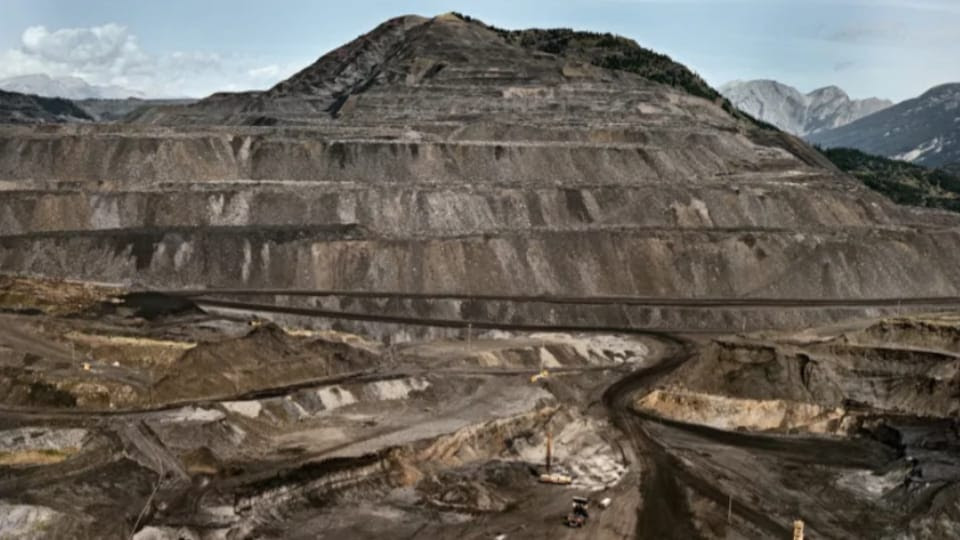At the UN, Acting High Commissioner Nada Al-Nashif ended her opening speech at the 51st session of the Human Rights Council with a quick mention of the energetic consequences of the crisis in Ukraine.
“Faced with soaring energy prices, which threaten to affect the most vulnerable as winter approaches, some EU member states are turning to investments in infrastructure and fossil fuel supplies,” she noted.
“While this impulse is understandable, I urge the EU and its Member States to consider the long-term consequences of strengthening fossil fuel infrastructure,” she continued.
The world is being hit hard by global energy prices, especially in Europe. First fueled by the post-COVID recovery, then by the conflict in Ukraine, which now raises fears of shortages with the gradual cessation of Russian gas deliveries. By 2021, about 45% of the EU’s natural gas imports will come from Russia.
Many countries, including Germany, have notably announced an increased use of coal.
Al-Nashif instead called on Europeans to accelerate the development of energy efficiency projects and renewable energy.
“There is no room for backsliding in the face of the current climate crisis,” she reminded them.
At the end of July 2022, the United Nations General Assembly adopted a resolution recognizing the right of human beings to a clean, healthy and sustainable environment.
This vote followed the adoption in 2021 by the Human Rights Council of a resolution for the universal recognition of the human right to a healthy environment.



Comment here